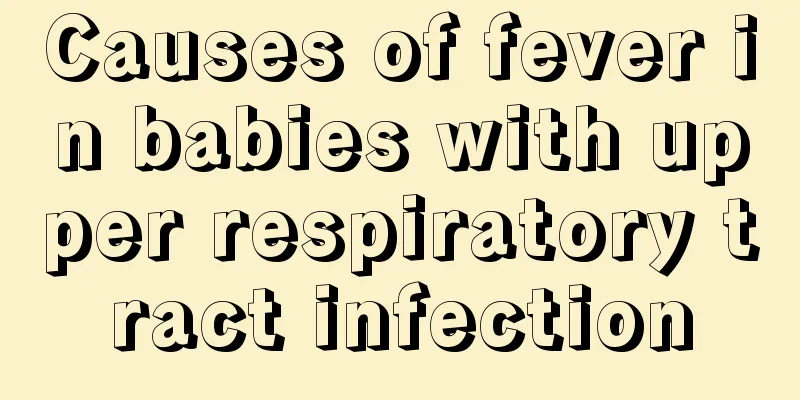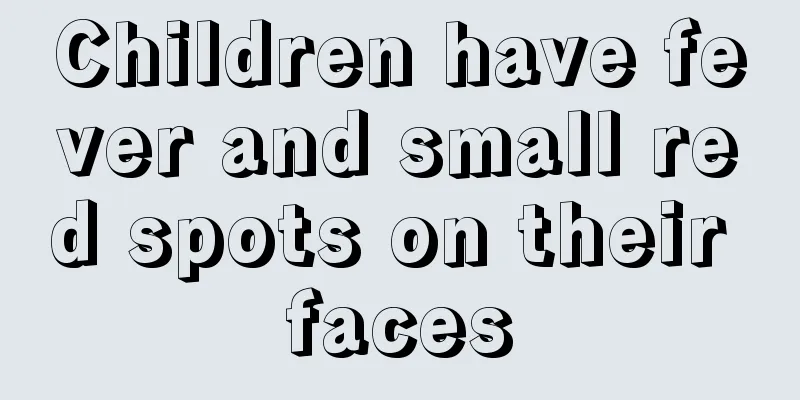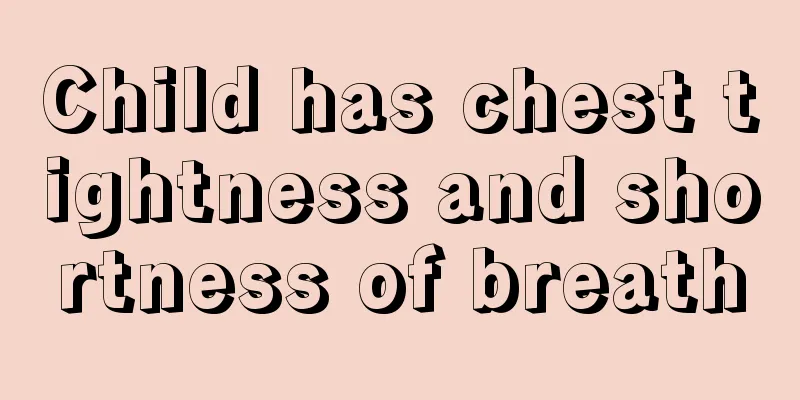What are the baby's developmental indicators at two months?

|
In fact, people who have just become parents probably know nothing about taking care of their children, or even cannot take good care of them. They don’t know how to care for them properly, and they don’t know what the two-month developmental indicators of a baby are. Let’s learn about the two-month developmental indicators of a baby. Developmental indicators: Weight (average) 6.03 kg 5.48 kg Height (average) 60.30 cm 58.99 cm Head circumference (average) 3 9.84 cm 38.67 cm Chest circumference (average) 40.10 cm 38.78 cm Sitting height (average) 40.00 cm 39.05 cm Motor development indicators: When the child lies on his back, the adult can slightly pull his hand and the child can use a little force to tilt his head back completely. His hands gradually loosened from clenched fists. If he is given a small toy, he may grasp it unconsciously for a moment. When you feed him, he will immediately make sucking movements. Can kick things with his little feet. Language development: When someone teases him, the baby will laugh and make sounds such as "ah" and "ya". If a baby gets angry, his crying will be much louder than usual. These special languages are the emotional communication between children and adults, and also a way for children to express their will. Parents should respond to this expression in a timely manner. Sensory development: When the child hears someone talking to him or a sound, he will listen carefully and make cooing sounds in response, and will follow people walking around with his eyes. If the child still cannot smile, has dull eyes, and does not respond to sounds behind him when he is 2 months old, you should check whether the child's intelligence, vision or hearing are developing normally. Sleep indicators: A two-month-old baby sleeps less than a one-month-old baby, generally around 18 hours. Children usually sleep 3-4 times during the day, each time for about 1.5-2 hours, and sleep 10-12 hours at night. After waking up during the day, you can continue to be active for 1.5-2 hours The development of a baby's abilities mainly refers to the comprehensive development of gross motor skills, fine motor skills, vision, hearing, touch, smell, taste, language, emotions, and social skills. However, the focus is slightly different for each baby at each age, which is also related to the baby's own developmental characteristics. The basic abilities of a 2-month-old baby include: Abilities that should be mastered (most babies can do it): can make "gurgle" and "coo" sounds; eyes can track objects within the field of vision; pay attention to their own hands; can hold their heads up for a short while. Developing abilities (half of the babies can do this): smile and laugh out loud; can lift the head 45%; movements are more stable and continuous. Advanced abilities (only a few babies can do this): can hold head up steadily; can support body weight with legs; can hold head and shoulders up when lying on prone. The above article gives you a detailed introduction to the two-month developmental indicators of babies. I believe that everyone has a preliminary understanding of it. Therefore, in daily life, you can follow some of the above indicators, so that you can discover your baby’s problems in time. |
<<: What is the reason for high white blood cell count in newborns?
>>: How to treat lupus nephritis in children
Recommend
Neutropenia in children
Children are particularly prone to childhood neut...
What should I do if my child has a fever during the day?
It is not so rare for children to have a fever. I...
Symptoms of autism in six-month-old babies
Autism is a disease with a high incidence rate in...
The seven-month-old baby fell off the sofa
If a seven-month-old baby falls off the sofa, you...
6 month old baby diarrhea
The body resistance of a six-month-old baby is ge...
Why does the child keep blinking?
As a child grows, new problems may arise every da...
What is the healthiest breakfast for children?
At present, most families have a child, and the c...
What are the symptoms of allergic conjunctivitis in children?
Eyes are a very important organ in our human body...
What medicine should I take for my baby's cough?
For us adults, headaches, colds, fevers, coughs, ...
What should I do if my child has a fever and cold limbs?
Children have relatively poor immunity, so they o...
Why does the cough get worse after pediatric massage?
Pediatric massage is being used more and more in ...
Baby has a heavy nasal sound when sleeping
When many babies are sleeping, mothers will hear ...
What to eat to get rid of jaundice quickly
Jaundice occurs not only in newborns but also in ...
What are the recipes for a 10-month-old baby?
From a developmental point of view, a ten-month-o...
What ointment is good for hand, foot and mouth disease
After a baby gets hand, foot and mouth disease, h...









